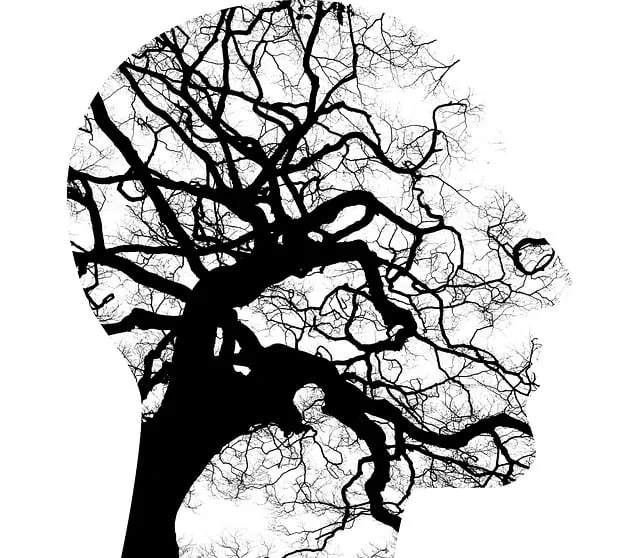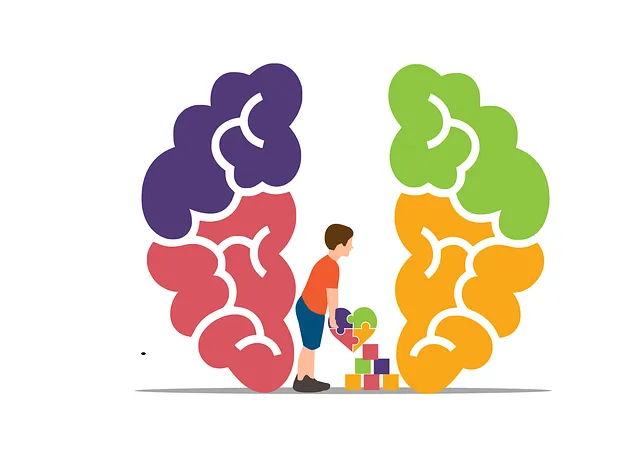Lafayette Kaiser Permanente leverages Crisis Intervention Team (CIT) programs to enhance community mental health support. These trained teams de-escalate crises and promote resilience, reducing pressure on emergency services. Their holistic approach includes CIT training, self-care routines, mental wellness podcasts, and accessible mental health appointment numbers for employees, fostering a supportive environment that normalizes open dialogue about mental health.
“In today’s fast-paced world, effective crisis intervention is more critical than ever. This article explores Crisis Intervention Team (CIT) programs, vital resources for communities seeking to enhance their response to mental health crises. We delve into the essential components of successful CIT training, highlighting Lafayette Kaiser Permanente’s innovative approach, which combines comprehensive mental health support with tailored CIT education. Discover how organizations like Lafayette Kaiser Permanente are empowering individuals to make a difference in their communities.”
- Understanding Crisis Intervention Team (CIT) Programs: An Overview
- Key Components of Effective CIT Training
- Lafayette Kaiser Permanente's Approach to Mental Health Support and CIT Training
Understanding Crisis Intervention Team (CIT) Programs: An Overview

Crisis Intervention Team (CIT) programs are designed to equip community members with the skills needed to respond effectively during mental health crises. These teams, often comprising first responders, healthcare professionals, and trained volunteers, play a pivotal role in providing immediate support and de-escalation techniques to individuals experiencing severe emotional distress or suicidal ideation. The primary goal is to foster a collaborative environment that enhances resilience building and self-esteem improvement, ensuring individuals receive the care they need without relying solely on law enforcement involvement.
Lafayette Kaiser Permanente, recognizing the importance of mental health policy analysis and advocacy, has implemented CIT training programs to empower its staff and surrounding community. Through these initiatives, participants gain insights into best practices for crisis intervention, fostering a more supportive and inclusive environment. By integrating these programs into healthcare systems, there’s a potential to reduce the strain on emergency services and promote more effective, empathetic responses during mental health crises.
Key Components of Effective CIT Training

Effective crisis intervention team (CIT) training programs are multifaceted and tailored to equip individuals with the skills needed to handle mental health crises. One key component is self-care routine development for better mental health, ensuring that team members prioritize their own well-being to avoid burnout. Training should include stress management techniques, regular breaks, and a culture of open communication where support is readily available.
Another crucial aspect involves integrating mental wellness podcast series production as an educational tool. These podcasts can provide valuable insights into various mental health topics, offer peer support, and share successful crisis intervention strategies. By incorporating modern media, training becomes more engaging and accessible, allowing participants to learn at their own pace and revisit essential information. Additionally, focusing on mental wellness promotes a holistic understanding of crisis management within the community, fostering an environment where everyone can contribute to and benefit from improved mental health services, such as those offered by Lafayette Kaiser Permanente.
Lafayette Kaiser Permanente's Approach to Mental Health Support and CIT Training

Lafayette Kaiser Permanente stands out for its comprehensive approach to mental health support and crisis intervention training (CIT). They prioritize addressing psychological well-being with equal importance as physical health, reflecting their commitment to Mind Over Matter Principles. Through regular mental health appointment numbers readily available to employees, they ensure early detection and intervention of mental health issues. This proactive stance extends beyond individual care to fostering a supportive work environment through CIT Training programs.
These training initiatives are designed to equip staff with the necessary tools for recognizing and responding effectively during emotional crises. By integrating Public Awareness Campaigns Development aimed at normalizing conversations about mental health, Lafayette Kaiser Permanente encourages open dialogue and reduces stigma. Furthermore, their focus on Emotional Regulation techniques empowers individuals to manage stress and maintain resilience, creating a more nurturing atmosphere throughout the organization.
Crisis intervention team (CIT) training programs, like those offered by organizations such as Lafayette Kaiser Permanente, play a vital role in equipping individuals with the skills to navigate and de-escalate crises effectively. By integrating these programs into mental health support systems, communities can foster a more responsive and compassionate environment for those in need. For those seeking specialized care, connecting with Lafayette Kaiser Permanente through their dedicated mental health appointment number facilitates access to comprehensive training and services, ultimately enhancing the overall well-being of the community.






